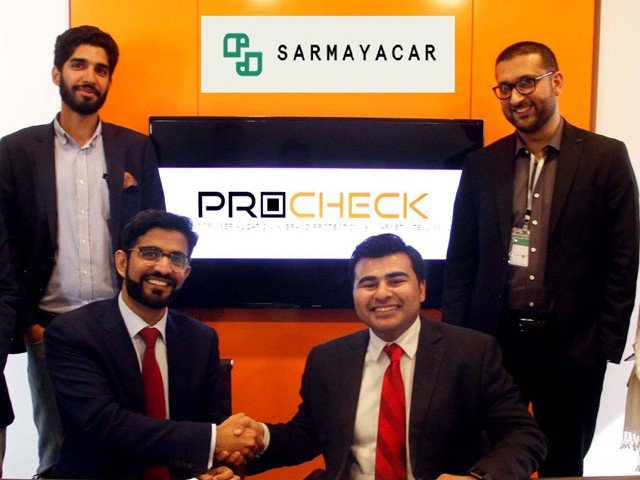A syndicate of foreign investors Sarmayacar, working on bringing Pakistani start-ups forward, has announced $250,000 seed funding for ProCheck, a serialisation and patient engagement service provider.
This round of funding for ProCheck which is being led by Sarmayacar and also joined by Pakathon/Elastica, is going to be used for expanding its sales and allow the engineering team to capitalise on the surge of interest from the pharmaceutical industry in particular. This will also act as an opportunity for ProCheck to set up a sales and service presence in manufacturing hubs outside its Karachi headquarters where it is based.
ProCheck was established in 2014 and works in conjunction with manufacturers to help protect their products from being counterfeited through serialisation, which incorporates printing unique codes on each pack to help patients and regulators alike to confirm the authenticity of drugs. This verification process can be utilised as a consumer engagement channel, and help distinguish a manufacturer’s brand.
ProCheck is offering a full stack of track and trace capabilities, SMS and app-based verification services, coupled with a strong focus on analytics and patient engagement, and it has established itself as the provider of choice for the pharmaceutical industry said Rabeel Warraich, founder of Sarmayacar.
The product partnerships of ProCheck highlight they can provide a highly scalable, proven, suite of services to help manufacturers comply with government mandates for Punjab tenders and DRAP [Drug Regulatory Authority of Pakistan], Rabeel Waraich said.
Saim Siddiqui, founder and CEO of ProCheck, mentioned that they are focused on their mission of enabling patient access to authentic and affordable drugs, by protecting the supply chain and by empowering the purchaser.
Sarmayacar is a sector-agnostic funding syndicate focused on angel and seed stage investments in Pakistan. It includes Pakistan-based and international investors who pool together to provide funding and expertise to promising start-ups.
In the last few years, considerable steps have been undertaken to protect patients from fake medicines. Regulatory bodies across the globe have instructed manufacturers to adopt systems using serialisation.
Similar measures have also been undertaken in Pakistan, especially by both the Punjab government and DRAP, who have finalised drafts to make serialisation mandatory for pharmaceutical products over the coming years. All local manufacturers are gearing up for a July 1 deadline by the Punjab government to serialise all products procured via tender.
























